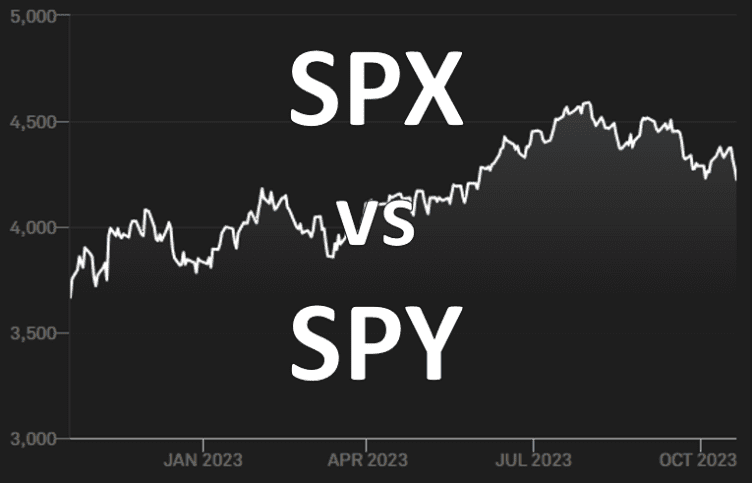Recessions can be particularly challenging periods for investors. They often witness a decline in stock market values, an increase in unemployment rates that can affect consumer confidence and spending, and overall economic uncertainty. Understanding the intricacies of recessions is therefore crucial for investors, to allow them formulate effective strategies to safeguard their investments and potentially seize unique market opportunities that arise during these economically challenging periods.
For example, during the 2008 financial crisis, the housing market collapse led to a severe recession. Many investors who were heavily invested in real estate suffered significant losses. Understanding the underlying causes and indicators of recessions can help investors anticipate and adjust their investment portfolios accordingly.
The Importance of Diversification During a Recession
Diversification is a key strategy to mitigate risk during a recession. By spreading investments across various asset classes and sectors, you reduce the risk associated with a single investment failing. A diversified portfolio may include a mix of stocks, bonds, real estate, and commodities. During a recession, some sectors may perform poorly, but others may remain stable or even thrive.
For instance, suppose an investor has a portfolio consisting solely of technology stocks during a recession. If the technology sector experiences a significant downturn, the entire portfolio will suffer. However, by diversifying and including defensive stocks, bonds, and other asset classes, the investor can mitigate the impact of a market downturn.
Safe Haven Assets
Safe haven assets are investments that are expected to hold or increase their value during market turbulence. These assets act as a hedge against economic uncertainty and are often sought after during recessions. Let’s delve into some prominent safe haven assets:
During the COVID-19 pandemic, defensive sectors such as healthcare and consumer staples demonstrated their defensive characteristics. These sectors were less affected by the economic disruption caused by lockdowns, as people continued to need healthcare services and purchase essential goods.
Value Investing
Value investing involves buying stocks that appear to be undervalued by the market. During a recession, many solid companies’ stocks may be undervalued due to the overall economic downturn. Value investors seek out these opportunities, believing that the market has temporarily undervalued the stocks.
For instance, suppose a recession leads to a general decline in stock prices across the market. A value investor would carefully analyze individual companies and identify those with strong fundamentals, such as a healthy balance sheet, consistent earnings, and a competitive advantage. By purchasing these undervalued stocks, the investor aims to benefit from their potential price appreciation when the economy recovers.
Investing in Yourself During a Recession
A recession can be an opportune time to invest in yourself. While financial investments are important, personal and professional growth can also yield long-term benefits. During a recession, consider allocating resources towards self-improvement initiatives such as:
Education and Skill Development: Upskilling or acquiring new skills can enhance your marketability and expand your career opportunities. Online learning platforms like Coursera offer a wide range of courses from reputable institutions and industry experts. For example, you might consider taking a course on data analysis or digital marketing to stay relevant in a changing job market.
Starting a Side Business: Recessions can spark entrepreneurship as individuals seek alternative income sources. Starting a side business can provide financial stability and open up new avenues for growth. Evaluate your skills, interests, and market opportunities to identify a viable business idea. For instance, you could launch an e-commerce store or offer consulting services in your area of expertise.
Dollar-Cost Averaging
Dollar-cost averaging (DCA) is an investment strategy that involves investing a fixed amount of money at regular intervals, regardless of market conditions. This approach can help mitigate the impact of volatility and eliminate the need to time the market. Here’s how it works:
Suppose you decide to invest $500 in a particular stock every month. During a recession, the stock price may be low, allowing you to purchase more shares with the same amount of money. Conversely, when the market is performing well, you will buy fewer shares. Over time, this strategy can potentially lower the average cost per share and smooth out the impact of market fluctuations.
For example, during the 2008 financial crisis, investors who employed dollar-cost averaging benefited from purchasing stocks at lower prices. As the market recovered, their investment portfolios grew significantly.
Real Estate Investment
Real estate can be a viable investment during a recession, especially when interest rates are low. Here are a few avenues to consider:
Rental Properties: During a recession, property prices may be more affordable, making it an opportune time to invest in rental properties. Rental income can provide a steady cash flow and serve as a long-term investment. Conduct thorough market research, analyze potential rental yields, and consider factors such as location and property management when making investment decisions.
Real Estate Investment Trusts (REITs): REITs are companies that own, operate, or finance income-generating real estate. Investing in REITs allows you to gain exposure to real estate without the need for direct property ownership. During a recession, certain types of REITs, such as those focused on healthcare facilities or residential properties, may offer stability and potential returns.
Read: 5 Alternatives to Cash for Inflation Protection and Wealth Preservation
Staying Informed
Regardless of the state of the economy, staying informed is crucial for investment success. Here are some ways to stay updated and make informed decisions:
Financial News Sources: Regularly follow reputable financial news sources such as CNBC, Bloomberg, or The Wall Street Journal. These platforms provide timely market updates, analysis, and insights from industry experts.
Economic Indicators: Pay attention to key economic indicators such as GDP growth, unemployment rates, and consumer sentiment. These indicators can provide valuable information about the overall state of the economy and potential investment opportunities.
Consulting with Financial Advisors: Seeking guidance from a financial advisor can provide personalized advice tailored to your financial goals and risk tolerance. An advisor can help you navigate the complexities of investing during a recession and assist in adjusting your investment strategy as needed.
Wrapping Up
Investing during a recession may seem challenging, but with a comprehensive understanding of the economic climate and strategic investment decisions, it can be a period of opportunity. By diversifying your portfolio, considering safe haven assets and value investing, investing in yourself, employing dollar-cost averaging, exploring real estate opportunities, and staying informed, you can navigate the financial storm and position yourself for potential growth and profitability.
Remember, every recession is unique, and market conditions can change rapidly. It’s essential to assess your risk tolerance, financial goals, and seek professional advice when making investment decisions. With patience, adaptability, and a proactive approach, you can seize the opportunities that arise during a recession and set yourself up for long-term financial success.



